
Here is an article about office chairs. It seems boring, right? Well, you might feel differently if you dig a little deeper. It is more relevant to you than you think. Just give it a little thought…you spend almost 9 hours every weekday in the office. Out of these 9 hours, you may spend more than half of the time sitting and working. And if you have a desk job, then the period of time might be a lot more. So, it is of utmost importance for you to know how to get the best out of an office chair and have a comfortable working day.
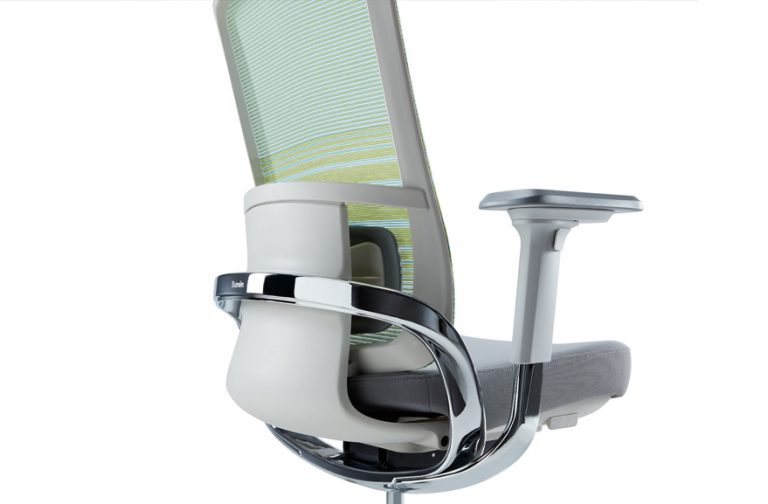
Studies show that sitting for extended periods of time can put a large amount of stress on the back and spine, which can result in back problems and serious discomfort. A proper ergonomic chair can help you avoid these health issues, improve your posture and stay comfortable throughout your workday.Let's take a closer look at what makes the right ergonomic office chair.
Height Adjustment
For optimal flexibility, the height range of the seat should include heights both slightly lower and slightly higher than your ideal setting. The seat should have pneumatic height adjustment so you can easily adjust the seat height while you sit on the chair. You should adjust your seat so that your knees are slightly lower than your hips, and your thighs are almost parallel to the floor and your feet are resting flat on the floor.
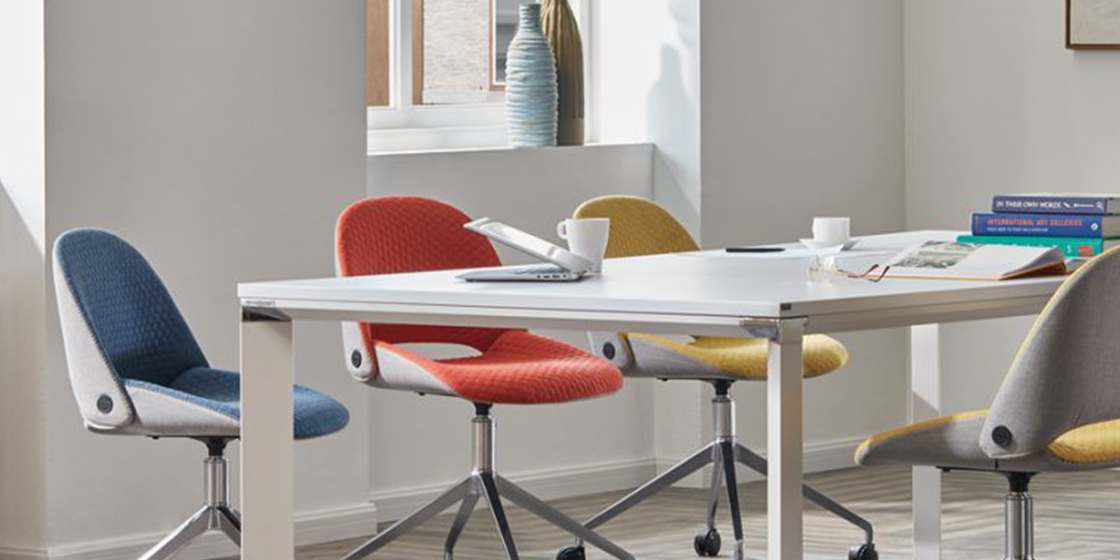
Seat Size and Depth
The seat should be deep enough to support most of your upper leg, but not so deep that it contacts the back of your knees when you sit back in your chair. Put two fingers between the front of your seat and your knees. If the width is anything less than 1 inch, then that might not be the perfect seat for you.
Seat Slide Adjustment
A proper seat depth setting allows the user to sit all the way back so the user can position the curve of the seat to meet their curves when sitting back and utilize the lumbar curve of the chair back. A seat slider is a lever on the seat that allows you to slide the seat in and out while seated in the chair. Winger ergonomic chair by Sunon has the feature of seat sliding adjustment.
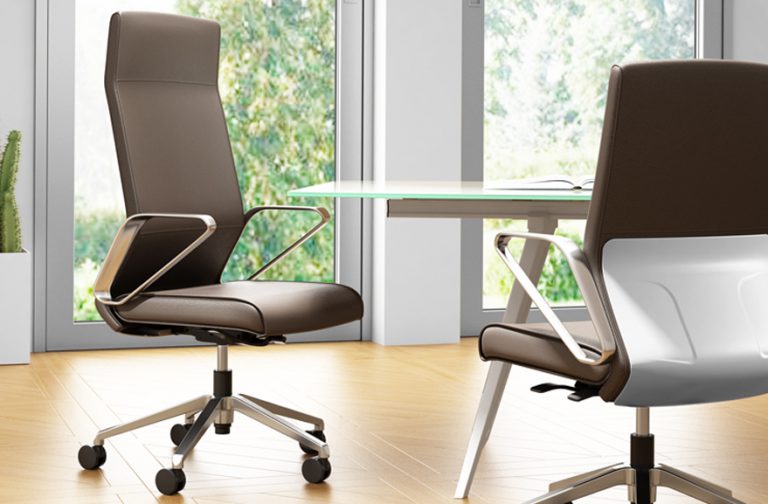
Multifunction Mechanism
It includes controls that are typically levers under the seat that the user can push, pull, or twist to adjust the office chair. This allows you to lock the chair into multiple numbers of positions. This type of mechanism will rock/tilt back from the center of the seat. It is preferred than a single locking mechanism.
Height Adjustable Backrest
The backrest should slide up and down to allow the lumbar curve of the chair's backrest to fit into your lower back curve. H'UP ergonomic chair by Sunon has the feature of an adjustable backrest. The simpler alternative is Adjustable Lumber support.
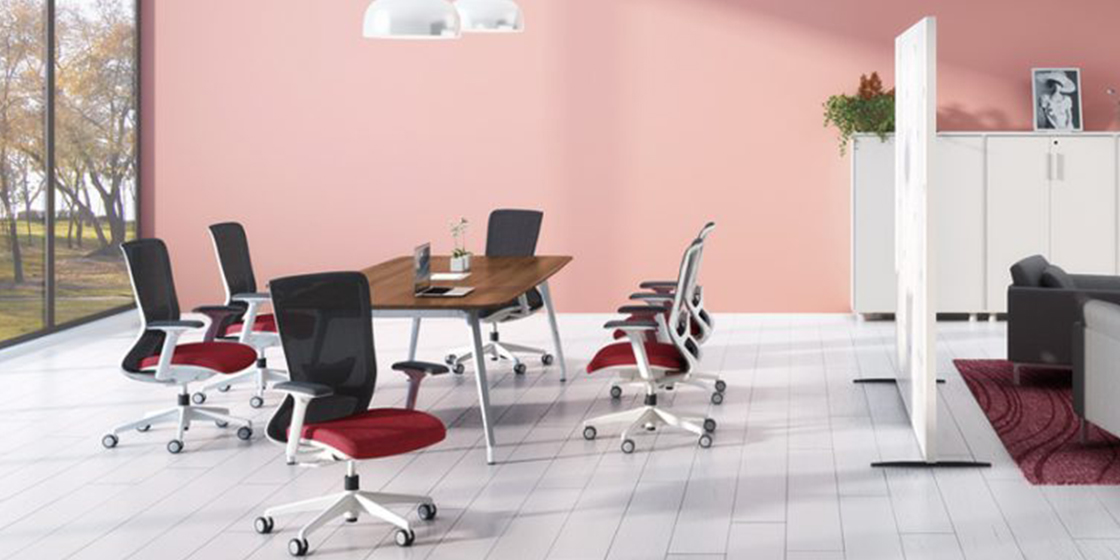
Adjustable Lumber Support
Most lumbar supports are adjusted vertically as you raise and lower the chair back. A fixed depth lumbar is acceptable if it fits you well and does adjust vertically. A chair without either an adjustable back height or an independently height adjustable lumbar support may not fit many people.
Adjustable Armrests
Keep in mind that the armrests should provide a natural and appropriate level of support for the neck, shoulders, forearm, and wrists. Adjustable armrests have added advantages and are padded for extra comfort.
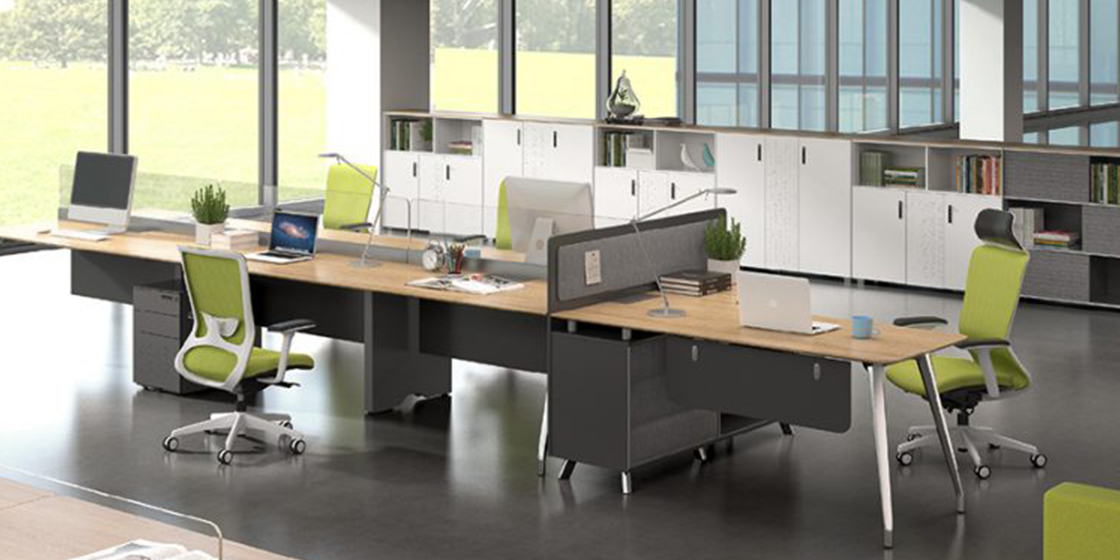
Head Support
A good ergonomic chair will give support to your head. Also, you should able to adjust it to keep the neck pains away.
Stable Wheel Base and Quality Casters
The chair base should have a minimum five-spoke base for stability. Quality casters will glide freely over various floor surfaces.
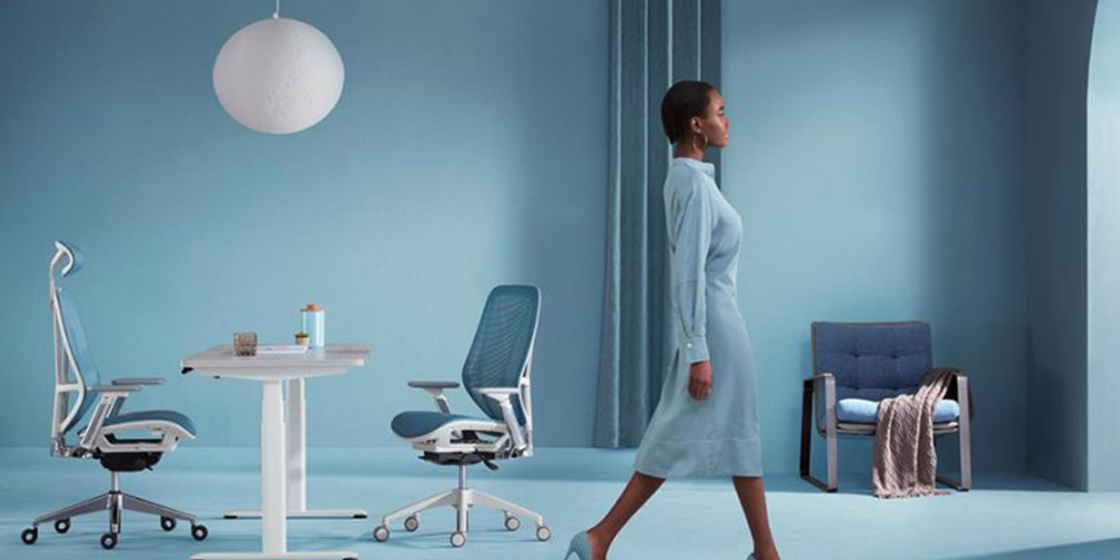
Seat Material
The padding of the chair should be comfortable enough to sit for extended periods of time, but firm enough to provide structural support. In addition, the fabric which makes up the cover of the seat and back should breathe and maintain a cooler atmosphere for sitting.
Everybody is unique and everybody keeps on changing with time. So, you need to find an office chair that fits you and adapts to your changing needs.
Learn more about Sunon's extensive range of Ergonomic Office Chairs, please contact us.